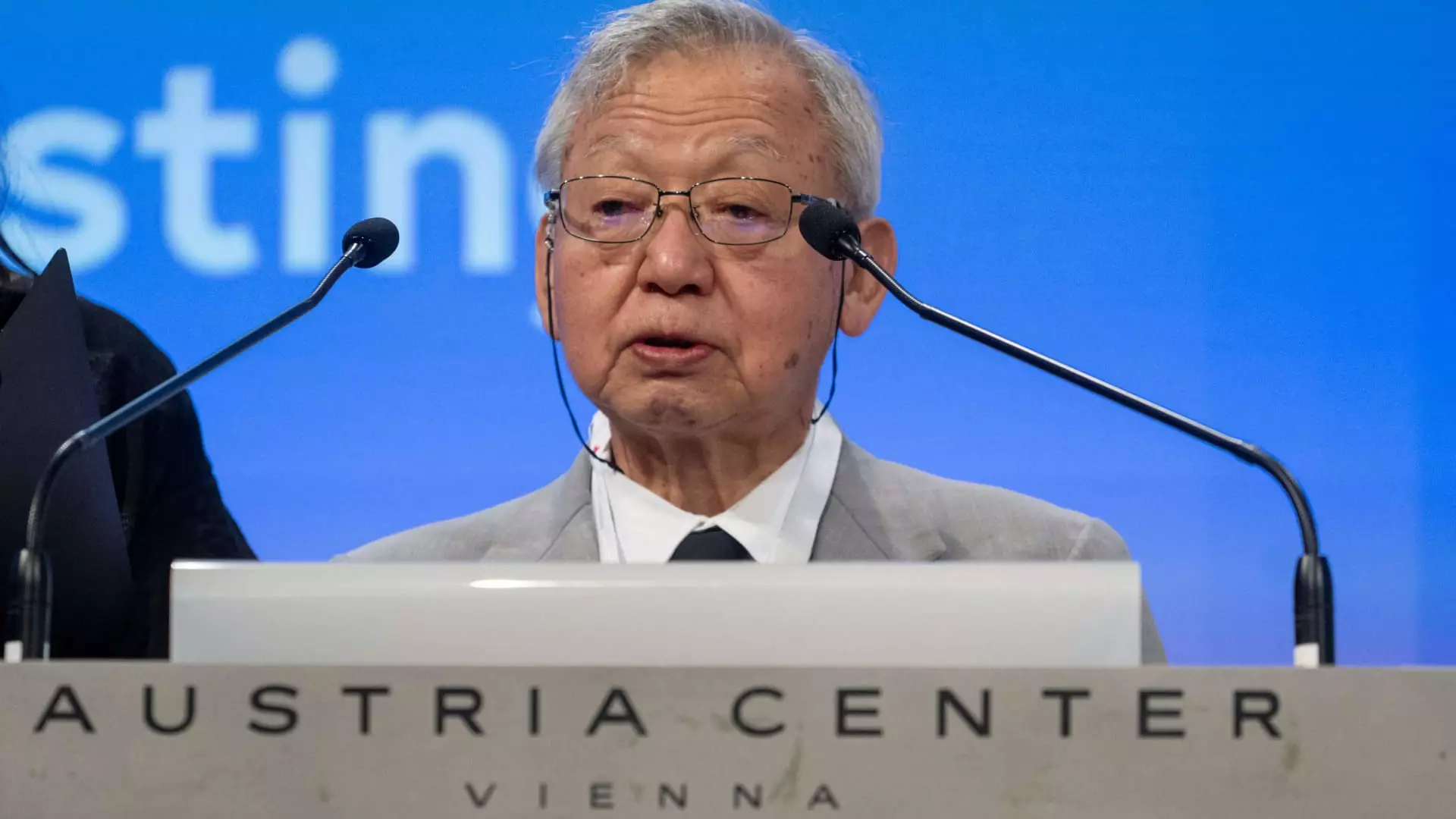The recent awarding of the Nobel Peace Prize to Nihon Hidankyo, an organization representing survivors of the atomic bombings in Japan, marks a significant moment in the ongoing struggle against nuclear armament. Established in 1956, in the aftermath of the tragic bombings of Hiroshima and Nagasaki, the organization embodies a grassroots movement seeking to raise awareness about the dire consequences of nuclear warfare. This recognition by the Norwegian Nobel Committee not only honors the lived experiences of the Hibakusha—body-bearers of the atomic bomb who endured unspeakable devastation—but also highlights their tireless efforts to cultivate a world free from the threat of nuclear weapons.
At the heart of Nihon Hidankyo’s mission lies the shared testimonies of survivors, giving voice to a forest of anguish and resilience. These stories are not merely personal narratives; they are crucial components in shaping the global sentiment surrounding nuclear weapons. The Nobel Committee aptly noted that the testimony of Hibakusha plays a vital role within a larger international movement, influencing global norms and contributing to what has been termed the “nuclear taboo.” This morally-driven stance against nuclear weaponry has emerged as a powerful deterrent against their utilization. Despite the absence of nuclear warfare for nearly eight decades, concerns are mounting regarding the fragility of this norm as geopolitical tensions escalate globally.
The Nobel Committee’s acknowledgment of the erosion of this taboo poses a critical reflection on current international relations. With rising tensions between nuclear and non-nuclear states, the potential for nuclear engagement looms ominously on the horizon. As nations continue to invest in and modernize their nuclear arsenals, the message from Nihon Hidankyo serves as a poignant reminder of the stakes involved. The organization’s activism urges not only reflection on the past but also advocacy for a future where nuclear weapons are unequivocally renounced. Their work is a clarion call to world leaders and citizens alike, reminding them of the catastrophic consequences that come from failing to uphold the moral obligation to prevent nuclear war.
In the context of Nobel laureates, Nihon Hidankyo joins a selective list of organizations and individuals whose contributions towards global peace have been formally recognized. Highlighting the continuum of this humanitarian effort, the committee previously awarded the International Campaign to Abolish Nuclear Weapons (ICAN) in 2017, further solidifying the commitment to disarmament. These repeated acknowledgments signal a growing international consensus on the dangers of nuclear proliferation. As we approach the award ceremony set for December 10, the momentum gained from this recognition provides an opportunity for renewed discussions about disarmament and global peace initiatives.
This Nobel announcement comes in the wake of other notable peace recognitions, reinforcing the significance of positions taken by courageous activists across the world. For instance, Iranian human rights advocate Narges Mohammadi was awarded the Nobel Peace Prize for her unwavering defense of women’s rights and human freedoms. Both Nihon Hidankyo and activists like Mohammadi exemplify the intersection between human rights and the peace movement, demonstrating that fighting against oppression and nuclear weapons is an intertwined battle that necessitates relentless advocacy.
The recognition of Nihon Hidankyo serves as both an acknowledgment of past atrocities and an imperative for future action. It is a reminder that the voices of survivors hold transformative power in shaping global discourse and driving societal change toward a nuclear-free world.

Leave a Reply